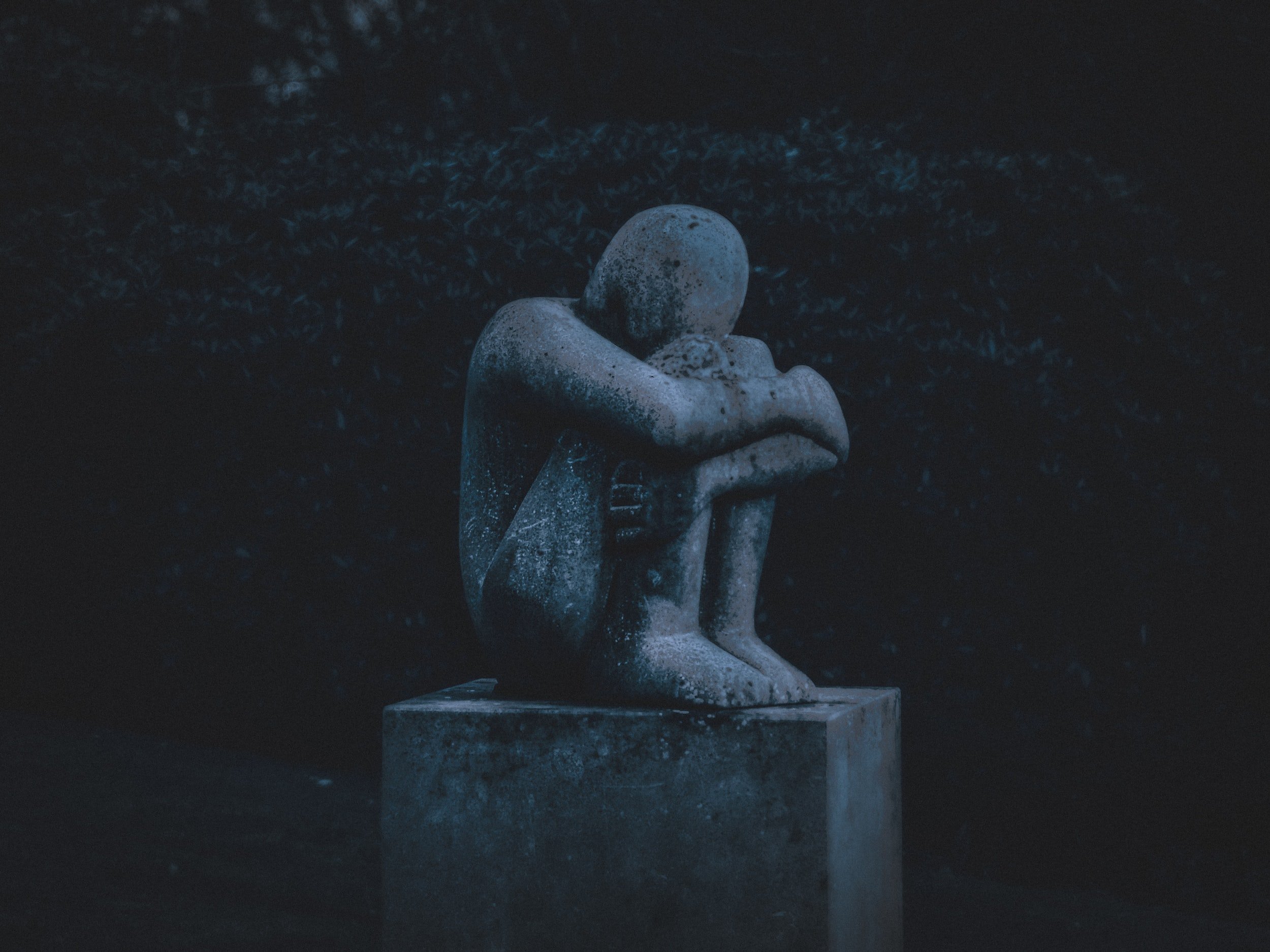Year C Proper 22 - October 2, 2022
Psalm 137
In the name of the Holy One who is, was, and ever shall be. Amen.
Being married to a historian of horror movies, I have had to learn which films I can enjoy and which give me nightmares. One of my consistent nightmare triggers is children in danger. Even if the child in the scary movie isn’t harmed, the thought of a child in harm’s way disturbs me. This is true of many of us, which is, of course, why the movies are terrifying.
When I encountered the Psalm appointed for today, I made the decision, in consultation with my staff, to use only verses 1-6. It is not our practice to pray for harm against others, especially children, so we did not recite/chant the final verses. If you wish to read them, the psalm is in the prayerbook.
Psalm 137 is a prayer of lament; a crying out to God from the depths of trauma; a moment when the Psalmist sat defeat, exiled, and begged vengeance on his enemies. Millenia before we talked about social trauma, childhood attachment disorders, or Post Traumatic Stress Disorder, we had the psalms. Along with soaring praise of God’s creation and grace, the psalms describe the pain of war and the generational scars of violence.
It is important you know that I don’t want those verses stricken from the Psalter in our Book of Common Prayer. I want this powerful scripture to remain intact. The Holy Bible teaches us the truth of God and Creation through the wisdom and story of God’s peoples. To excise the final verses would be to reject the truth of God revealed in this poem.
The Psalter – another name for the Book of Psalms – is a collection of sung prayers used in community worship, more sacred poetry than hymn. It is also a book of personal devotion. By the time Christ walked this earth, this set of prayer poems were collected as a single scroll and used at the Temple and in Jewish households. Authorship was assigned to King David.
Research shows us the Psalms have many authors and were written over 400 years after King David’s reign. The biblical scholarshipi I studied agrees the poems were written beginning in the 580s BCE when the First Temple was destroyed through the 400s BCE after the Babylonian exile as Ezra and Nehemiah led the restoration of Israel and rebuilt the Temple in Jerusalem.
Poetry has been described as the literary genre most necessary to human culture. Great poems capture the soul of a people at a particular moment in time while expressing universal human experience. From the Greek poet Homer to the English poet and playwright William Shakespeare to Chile’s celebrated leader Pablo Neruda to our own poet and prophetess Maya Angelou: poets tell our society’s story and it is our story that binds us as a civilization.
Psalm 137 is part of the story of the Chosen People of God, our Jewish neighbors around the world, and the Jewish friends we walked with at the Tri-Faith United We Walk event three weeks ago.
It is a part of Jesus of Nazareth’s story and his mother St. Mary, and the first disciples. It is the lament of a man, a worship musician, who is being forced from his homeland and asked to sing holy songs for his captors who ridicule his religion and slaughtered his people.
The violence described is violence he has seen done to his loved ones. A particular moment in time to a particular people…and Psalm 137 could be sung by the Jewish people in Jerusalemii in the first century at Rome’s destruction of the Temple; by the Jewish people of Spain who suffered torture and cultural genocide for three hundred years under the Catholic Inquisition; by the Jewish people of Europe during the Holocaust by the Nazis; by the Jewish people of France in 2012 after the mass shooting at the Toulouse Jewish School; and by American Jews in 2018 after the massacre at Tree of Life Synagogue.
No Jewish person in our community is asking that the psalmist’s despairing rage be satisfied. In the days after that attack in 2018 in Pittsburgh, I heard only calls for peace, solidarity, and dismantling violence. To look away from this psalm’s terrifying verses, though, is to look away from the whole story.
It is to look away from the relentless genocidal violence that is an existential part of Jewish identity. When we look away, we deny the torment of the author of Psalm 137. We deny the anti-Semitism leveled at Jewish children in Nebraska on the playground, and in white supremacist literature handed to their classmates, and slurs embedded in our media. We sustain the threat.
We risk becoming the monsters endangering Jewish children in the nightmare their parents live every day. The script can change, but we have to know the story.
From the Jewish Study Bibleiii, Psalm 137 verses 1-6:
By the rivers of Babylon, there we sat, sat and wept, as we thought of Zion.
There on the poplars we hung up our lyres, for our captors asked us there for songs, our tormentors, for amusement, “Sing us one of the songs of Zion.”
How can we sing a song of the Lord on alien soil?
If I forget you, O Jerusalem, let my right hand wither;
let my tongue stick to my palate if I cease to think of you, if I do not keep Jerusalem in memory even at my happiest hour.
Amen.
The Very Rev. Vanessa E. B. Clark
